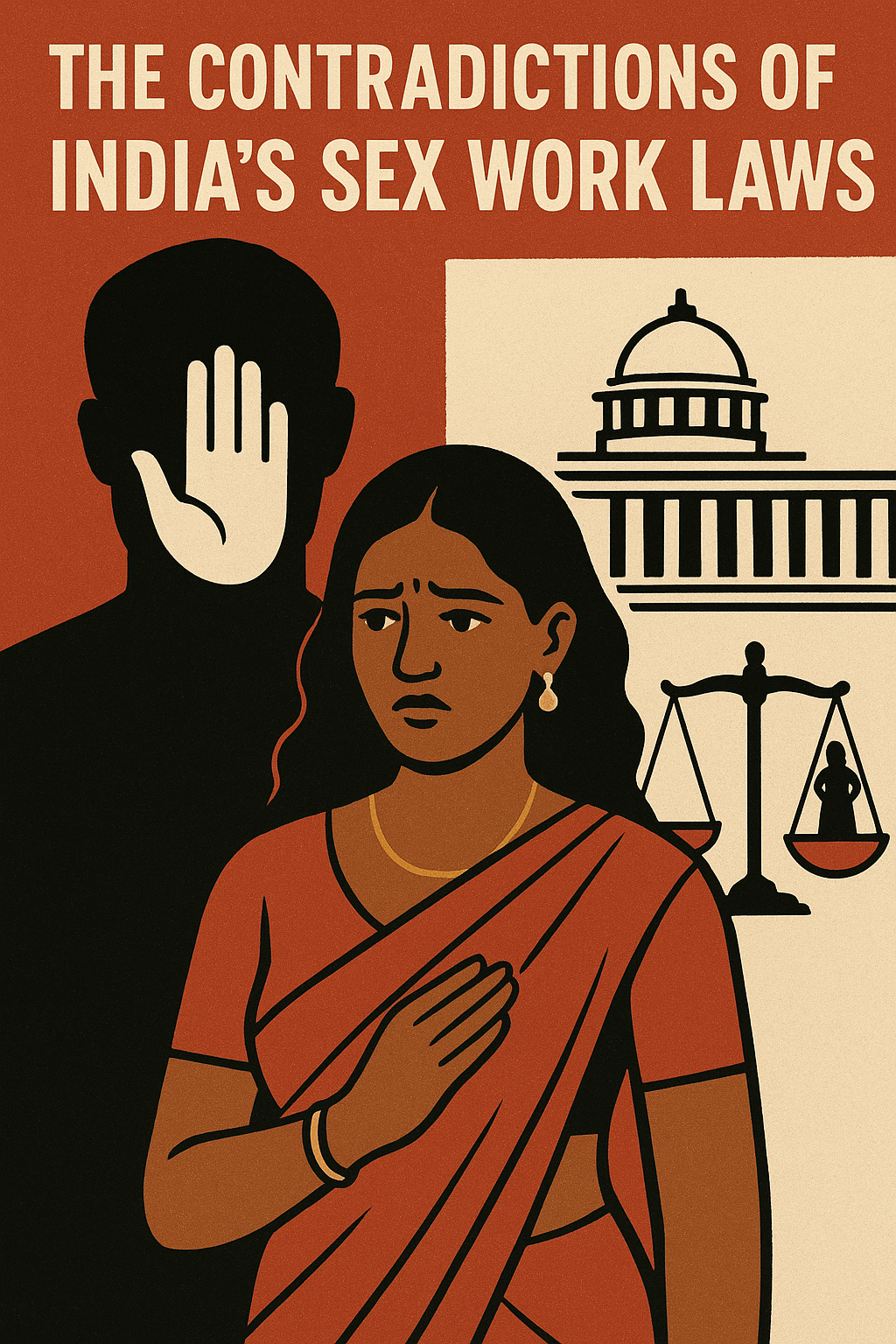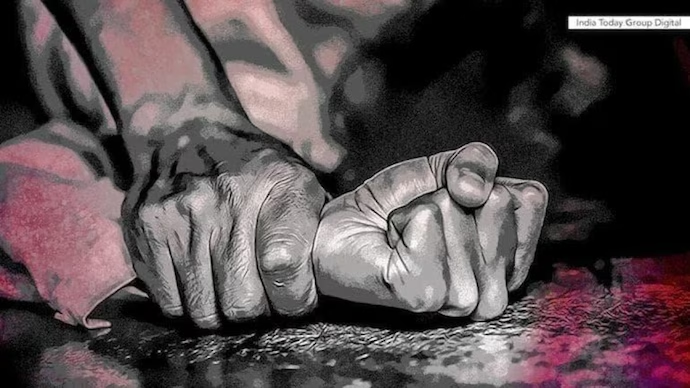



Marital rape remains a contentious and under-addressed issue within Indian jurisprudence, where cultural, legal, and societal factors intersect. Despite significant reforms in laws governing sexual offences, including the Criminal Law (Amendment) Act, of 2013, which broadened the definition of rape, marital rape continues to be exempted under Indian law, citing marriage as a defence against allegations of rape. This article examines the historical context, legal framework, and societal implications surrounding marital rape in India. It explores judicial interpretations, legislative efforts, and the socio-cultural challenges hindering progress toward criminalizing marital rape. Additionally, the article analyzes comparative perspectives from other jurisdictions and international human rights standards, highlighting the discrepancies and the urgent need for legal reform to ensure equal protection and justice for victims of marital rape. Through a critical review of case law, legislative debates, and scholarly analysis, this article advocates for comprehensive legal reforms that recognize marital rape as a criminal offence, dismantle stereotypes, and uphold the fundamental rights of married women in India.
Marriage is an anthropological, cultural, and legal institution, that establishes socially sanctioned rights and obligations between individuals. In many cultures, marriage forms the basis for acknowledgement of sexual relationships. However sexual violence and physical aggression within marriages have traditionally formed a grey legal area.
Marital rape refers to “forcible sexual assault or violence by one spouse towards the other.” In other words, it’s the act of sexual intercourse with a spouse without his/her spouse’s consent. Marital rape is mostly, but not exclusively, experienced by women, it tends to form a vicious cycle of abusive relationships between the couple, perpetuating chronic violence, this also varies based on sociocultural and political ideologies.
Men are of the view that women’s consent is not necessary as they are their property after marriage. Women have been struggling with it for a very long time. Despite this, society has mostly ignored this. Many public health issues are brought on by marital rape which includes sexually transmitted illnesses including HIV and other STDs, vaginal infection, genital irritation, sex-related pain, persistent pelvic pain and UTIs. The physical abuse associated with marital rape can interfere with pregnancy and result in health problems for both the mother and the fetus. Some of the mental health consequences of marital rape and other forms of interpersonal abuse include depression, anxiety, emotional pain, and suicidal thoughts. Two more ways that marital rape and violence impair children’s health and well-being are the psychological repercussions of seeing violence and the potential impact on mothers’ ability to care for themselves and their children. The experience of marital rape has been rendered invalid for its victims in terms of law, culture, and the workplace. As a result, the victims of this crime continue to face substantial treatment due to the proliferation of invalidation. Many women give up their lives because of society’s avoidance and the years-long stigma that is prevalent in society.
Articles 14 and 21 of the Indian Constitution enshrine the basic right to equality and the right to life respectively, for every citizen of India. The presence of these articles enables every individual citizen of our country to live with dignity without abuse or any form of violation of these rights. However, due to stringent patriarchal constructs of the Indian marriage laws, the basic fundamental rights are exploited on a large scale, as far as gender-based and minority crimes are concerned. Society, civil administration, and family most actively results in the very idea of marital rape in the first place, deeming it to be a part and parcel of married life. Moreover, in many cases, it has been found that the wife herself, owing to illiteracy or strict social customs does not give a thought to the “crime” (marital rape) that she endures every night.
Out of 195 countries in the world, 77 have laws that clearly criminalize marital rape while there are 34 countries that explicitly decriminalize marital rape, or in essence, offer immunity to men who perpetrate rape against their wives. India is one of those 34 countries that have decriminalized marital rape.
Many countries such as Ghana, India, Indonesia, Jordan, Nigeria, Oman, Sri Lanka, Tanzania and many others haven’t expressly criminalised marital rape of a women or a girl by her husband.
The United Nations has urged countries to end Marital Rape by closing legal loopholes, saying that “the home is one of the most dangerous places for women”.
In India Marital Rape is covered under two areas:-
There have been several welcome moves in India in this regard. In Independent Thought vs Union of India, the Supreme Court held that “Constitutionally females have equal rights as of males and no statute or act can take away those rights from females and if such statute or an act is passed regarding the same, it should be declared as null and void.” The Gujarat High Court has mentioned this in this regard.
However, there is a long way to go. Specific legal provisions, widespread public awareness, media cooperation, inclusion of the voices of survivors, and tailored social services are urgently needed to eliminate the nuisance of marital rape. The legal and social paradox related to marital rape in our country has led to several structural inequalities and gender-based vulnerabilities. As per Nigam, “the culture of silence, tolerance, adjustment, compromise among women is propagated to save and respect the honour, the pride and the values of the Indian family overlooking the fact that incest, violence, suicides and murders are the price that women pay.”
According to the United Nations Declaration on the Elimination of Violence against Women, violence against women is defined as “any act of gender-based violence that results in, or mental harm or suffering to women, including threats of such acts, coercion or arbitrary deprivation of liberty, whether occurring in public or private life.” In light of the above, the old redundant laws related to rape in our country need urgent modification to prevent this violence behind closed doors. Rape is rape, irrespective of the victim-perpetrator relationship/intimacy as well as the circumstances of the assault. Marriage cannot and will not serve as a license for the same. Marital rape is in no way less traumatic than other forms of sexual violence. Hence, it is high time we change the social narrative about marital rape through public education, advocacy, battling social myths, lived experience research, and finally a constructive dialogue with policymakers to make the necessary legislative changes.
Every effort matters!
https://www.thelegalyoungster.com/legal-internship/